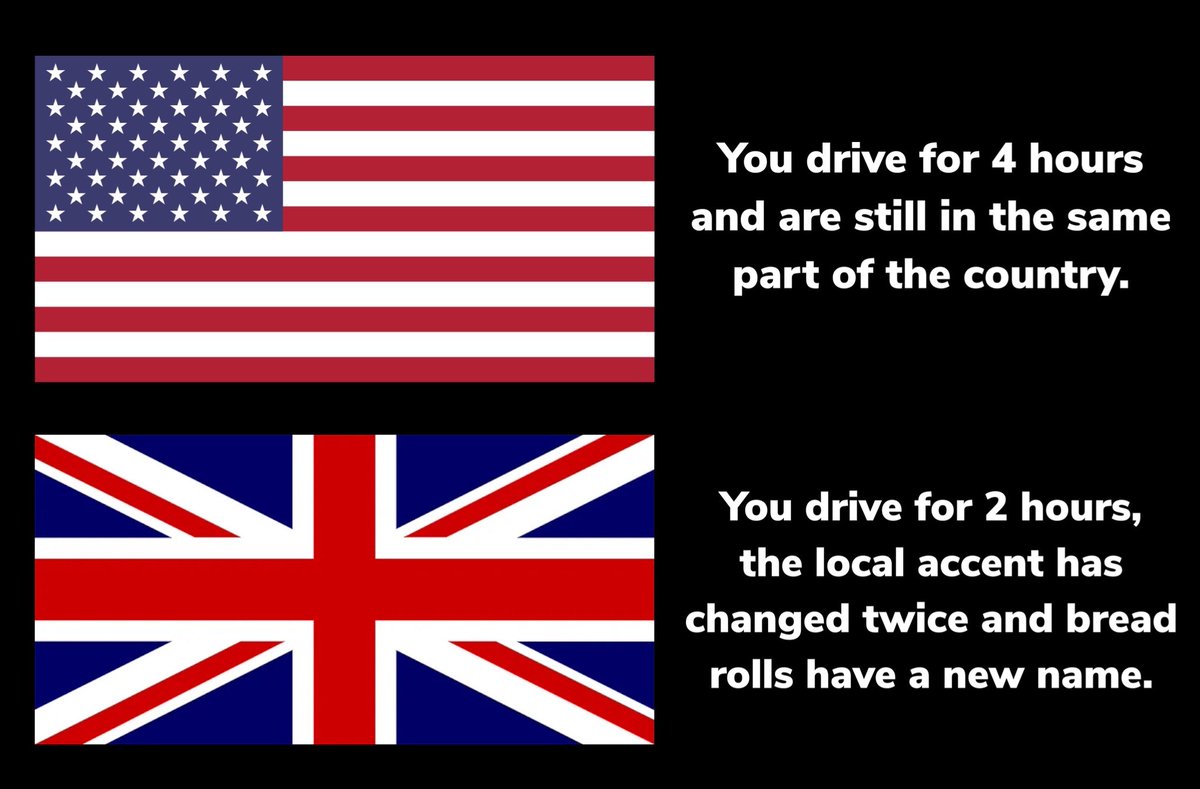this post was submitted on 11 Oct 2023
1148 points (96.6% liked)
memes
10868 readers
6513 users here now
Community rules
1. Be civil
No trolling, bigotry or other insulting / annoying behaviour
2. No politics
This is non-politics community. For political memes please go to [email protected]
3. No recent reposts
Check for reposts when posting a meme, you can only repost after 1 month
4. No bots
No bots without the express approval of the mods or the admins
5. No Spam/Ads
No advertisements or spam. This is an instance rule and the only way to live.
Sister communities
- [email protected] : Star Trek memes, chat and shitposts
- [email protected] : Lemmy Shitposts, anything and everything goes.
- [email protected] : Linux themed memes
- [email protected] : for those who love comic stories.
founded 2 years ago
MODERATORS
you are viewing a single comment's thread
view the rest of the comments
view the rest of the comments

Some more fun anecdotes relating to car dependency.
In the US, one very well-known city planner would deliberately build overpasses too low for buses to go under them on routes to the beach, to prevent poor people (read: black people) from being able to go to the beach.
The notion of "jaywalking" is also invented whole-cloth by the car industry. Prior to that, streets were a place that people could walk or ride safely, cross wherever the want, or even just hang out and maybe just get out of the way if someone wants to get by. A "jay" was an insult sort of like "loser".
Their older history is not a significant factor in European cities being more walkable/cyclable. In fact, thanks to the impact of WWII, many European cities had to be rebuilt and are those in some ways younger than significant American, Canadian, and Australian cities. The Netherlands, often the posterchild of walkability and cyclability, was heading very much in the same direction as the US in the post-war period, up until the Stop de Kindermoord movement of the 1970s started a versal of that trend. And even then, it wasn't a complete 180. Government votes supportive of stopping the child murder only barely won out over car-dependency, and many local businesses and entrenched interests were just as staunchly opposed to improved design in the Netherlands as they so often are today in places like America and Australia.
It's definitely possible for car-dependent cities and countries to improve. It just requires people supportive of change to speak up. Convince others to also be supportive. Most importantly, contact your representatives and vote for people who can be convinced to do better.